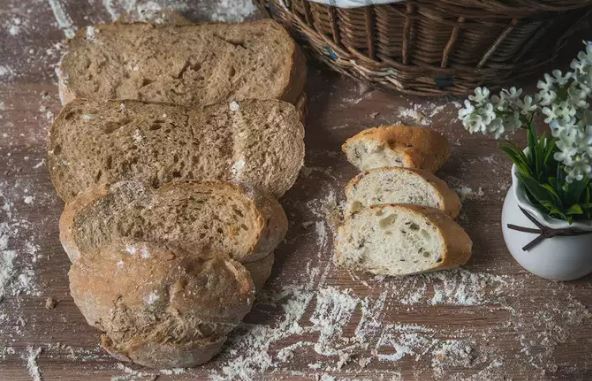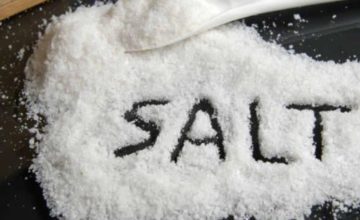
Salt is one ingredient that makes bread taste so good. Without salt, the resulting bread would be flat and boring.
The actual taste of salt brings extra palatability to the bread while intensifying the flavour created in bread as a result of yeast action on the other ingredients in the loaf.
Salt also brings out the characteristic taste and flavour of bread and, indeed, of all foods. It would be hard to believe, but the improved palatability can promote the digestibility of food.
Thus, we can easily say that salt also enhances the nutritive value of bakery products and helps in easy digestion.
Here’s why salt is added while baking goods
If there is one ingredient in the kitchen that’s universal and virtually every dish has it, it’s none other than the salt! Though most of the cooking processes involve salt to maintain the taste, baking is one of those methods in which it is used to enhance the taste of a dish, and without it, any baking good would be boring. If we talk about salt usage in baking, it actually balances and enhances flavours, especially sweetness in a baked good. Here are some of the reasons why salt is necessary when it comes to baking goods. (Images courtesy: iStock)
Dough conditioning
Did you know that salt has a binding or strengthening effect on gluten and thereby adds strength to any flour? Well, when you add salt to the dough, it allows the expansion without tearing which is of utmost importance when baking bread. However, if you add too much salt to the dough, it will increase the stickiness and will impact badly on the texture of the bread.
Fermentation of dough
It is one of the major functions of salt when added to the dough. Salt slows down the rate of fermentation and acts as a healthy check on yeast development. What is surprising is that salt also prevents the development of any objectionable bacterial action or wild types of fermentation in the dough.




